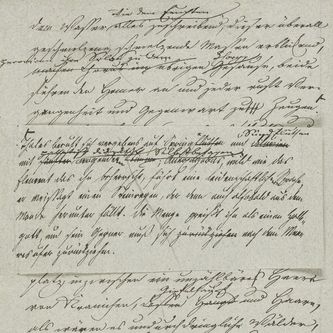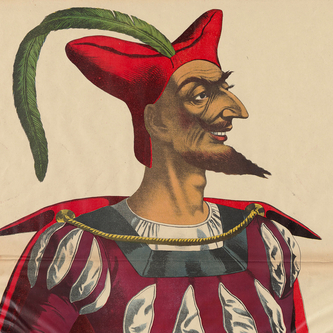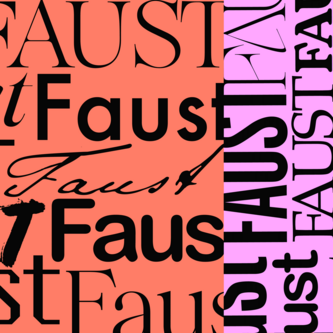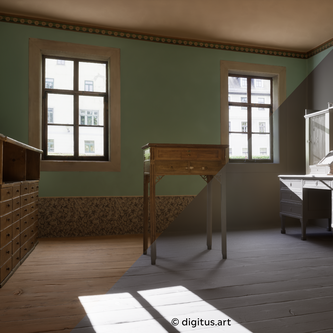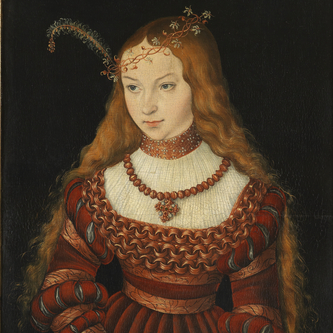Projects of the Klassik Stiftung Weimar are funded by the European Regional Development Fund (ERDF) and the Free State of Thuringia, represented by the State Chancellery of Thuringia, Department of Culture and the Arts.
Empathic breakfast
An event organized by the Netzwerk Empathisches Weimar
Picnic and chat about non-violent communication
The "Empathic Weimar" network regularly invites people to the table on the 4th of every month. August is a special meeting because we are allowed to use the Co-Laboratory of the Klassik Stiftung Weimar to draw attention to ourselves and non-violent communication.
As "Empathic Weimar", we want to create a space in which people can connect with and through non-violent communication (NVC) according to Marshall B. Rosenberg. In the spirit of NVC, we stand for respectful and empathetic interaction.
Join us on the picnic blanket, enjoy the sun and find out more about non-violent communication. We look forward to seeing every new face as well as familiar and beloved participants!
For more information about the "Empathic Weimar" network, click here.

